

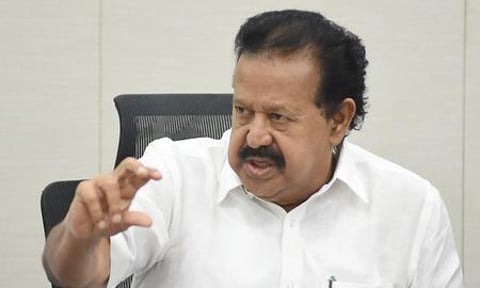
The recent decision by Tamil Nadu Governor Ravi to not reinstate K Ponmudi, whose conviction was stayed by the Supreme Court in a disproportionate assets case, has caused a stir as he faces backlash from the three-judge bench, led by Chief Justice D Y Chandrachud. Amidst concerns over the prevalence of drugs on campuses, the Governor cited concerns from worried parents as one of the reasons for his decision. However, this move has sparked discussions on the actions of governors in terms of federal relations in the country.
Background: The Governor's Role in Federal Relations
In India, governors play a crucial role in maintaining federal relations. Appointed by the President, they represent the Union government in individual states and have the authority to reserve state bills for the President's consideration or even return them for reconsideration. This power grants them significant influence over state legislation and administrative decisions.
Recent Controversy: Tamil Nadu Governor's Decision on K Ponmudi's Reinstatement
The recent decision by Tamil Nadu Governor R.N. Ravi to deny the reinstatement of K. Ponmudi, the former minister whose conviction in a disproportionate assets case was stayed by the Supreme Court, has sparked a controversy. The Governor cited concerns from worried parents about drug abuse on campuses as a reason for his decision.
Backlash from the Supreme Court
The Supreme Court, led by Chief Justice D.Y. Chandrachud, has sharply criticized the Governor's decision. The three-judge bench questioned Ravi's authority to go against the apex court's order, emphasizing that governors must act within the ambit of the Constitution.
Concerns Raised
The Governor's decision has raised concerns about the extent of governors' powers and the implications for federal relations. Critics argue that the Governor has overstepped his authority by interfering with the judiciary's decision, while others express concerns about political motivations behind the move.
Top 5 FAQs and Answers
Q1: What is the Governor's role in India? A1: Governors represent the Union government in individual states, with the authority to reserve state bills for the President's consideration or return them for reconsideration.
Q2: Why did the Tamil Nadu Governor deny K Ponmudi's reinstatement? A2: The Governor cited concerns from worried parents about drug abuse on campuses as a reason for his decision.
Q3: How has the Supreme Court responded to the Governor's decision? A3: The Supreme Court has sharply criticized the Governor's decision, questioning his authority to go against the apex court's order.
Q4: What are the implications for federal relations? A4: The Governor's decision has raised concerns about the extent of governors' powers and the implications for federal relations, with critics arguing that the Governor has overstepped his authority.
Q5: What are the past instances of governors challenging judicial decisions? A5: There have been several instances in the past where governors have challenged judicial decisions, including cases in Gujarat, West Bengal, and Kerala.
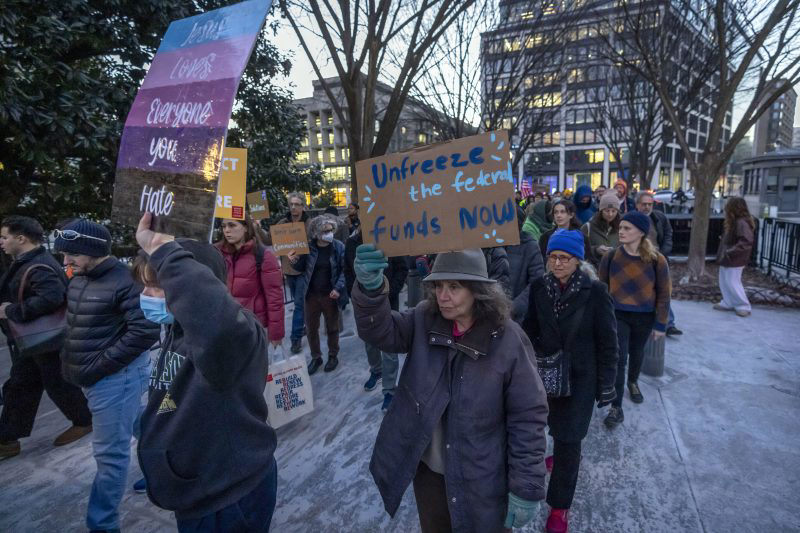
In the latest clash between the Trump administration and higher education, Harvard University has been hit with a freeze in federal funding of $2.2 billion. This comes after the university rejected a list of demands from the White House to crack down on anti-Semitism on campus. Despite the warning, Harvard's president has vowed to defy the government and protect the university's independence and constitutional rights. The Trump administration's Joint Task Force to Combat Anti-Semitism responded with a statement announcing the hold on funding and contracts.

The tragic suicide of Bollywood actor Sushant Singh Rajput in 2020 became a catalyst for the Indian media's descent into sensationalism and politicization. In their zealous pursuit of a story, anchors and news channels disregarded basic principles of journalism and resorted to wild speculation, conspiracy theories, and character assassination of those involved, particularly actress Rhea Chakraborty. This case highlights the dangerous trend of using personal tragedies as a means for political gain and sensationalism, rather than having important conversations about mental health and systemic issues within the entertainment industry.

West Bengal Chief Minister Mamata Banerjee, in her speech at an Eid prayers event, criticized the BJP for trying to incite communal violence in the state and accused them of promoting "ganda dharma" (dirty ideology) which goes against the true principles of Hinduism. The BJP hit back at Banerjee, accusing her of deliberately sowing hate and deriding the Hindu faith. Banerjee has faced backlash for her divisive remarks, with BJP leaders and supporters condemning her statements.

Uttar Pradesh Chief Minister Yogi Adityanath praised the rich tradition of Sanatan Dharma festivals, emphasizing how they connect people with enthusiasm and excitement across the country. He also highlighted the global impact of the Prayagraj MahaKumbh, which showcased unity and discipline among over 66 crore devotees. Taking aim at critics, the CM urged them to witness the MahaKumbh and stated that those who discredit Sanatan Dharma are the same people who opposed the Ram Temple and supported cow smuggling. He emphasized the core principle of Sanatan Dharma - where there is Dharma, there will be victory - and encouraged people to dedicate themselves to spiritual practice.
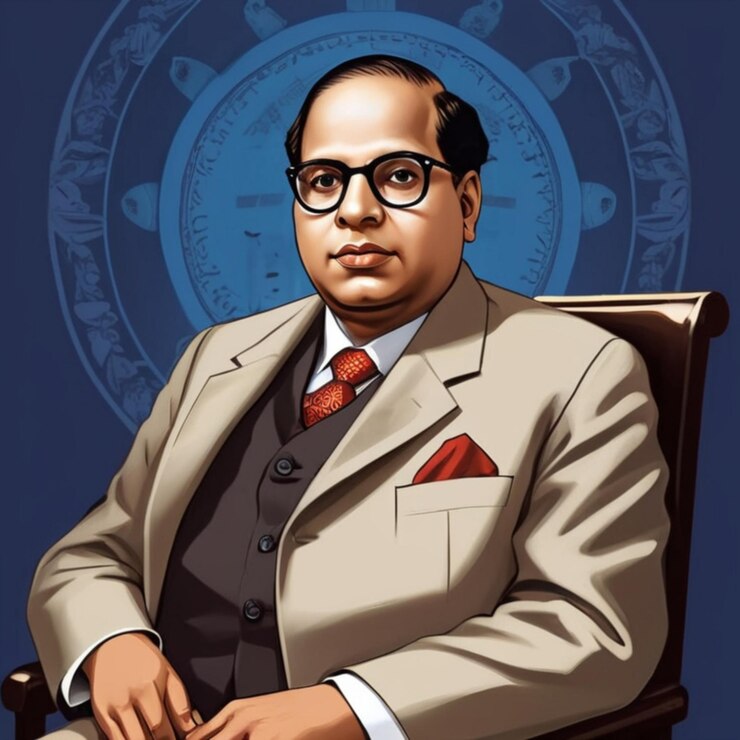
On this special day of Ambedkar Jayanti, we pay tribute to Dr. Bhimrao Ramji Ambedkar, the Father of the Indian Constitution. His birth anniversary is celebrated with great fervor and his contributions as a lawyer, economist, politician, and social reformer are remembered. He led a movement against untouchability and caste discrimination, and his ideals of equality, freedom, fraternity, and justice continue to inspire us today. Let us honor his legacy by spreading awareness and compassion.
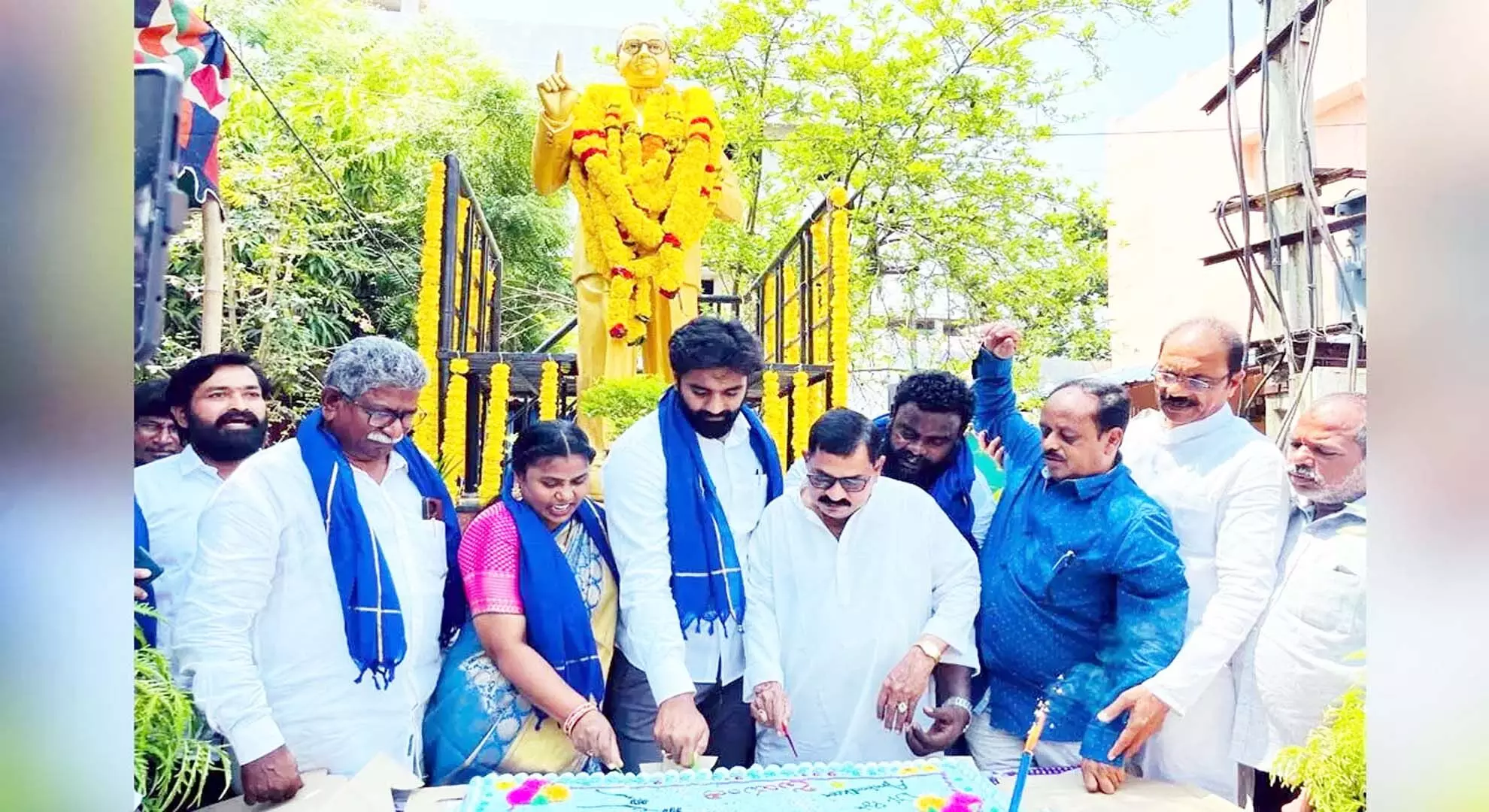
The Congress Party in the Indian city of Gadwal organized a special rally on the occasion of Dr. B.R. Ambedkar's 134th birth anniversary, paying tribute to the legendary leader and chief architect of the Indian Constitution. Led by former ZP chairperson Sarithamma, party leaders and cadre marched in unity, emphasizing Dr. Ambedkar's ideals of equality, justice, and social reform. They called on the youth to take inspiration from Ambedkar's legacy and work towards realizing his dreams of a more equal and just society. The event saw active participation from various party leaders and members, making it a grand and inclusive commemoration.
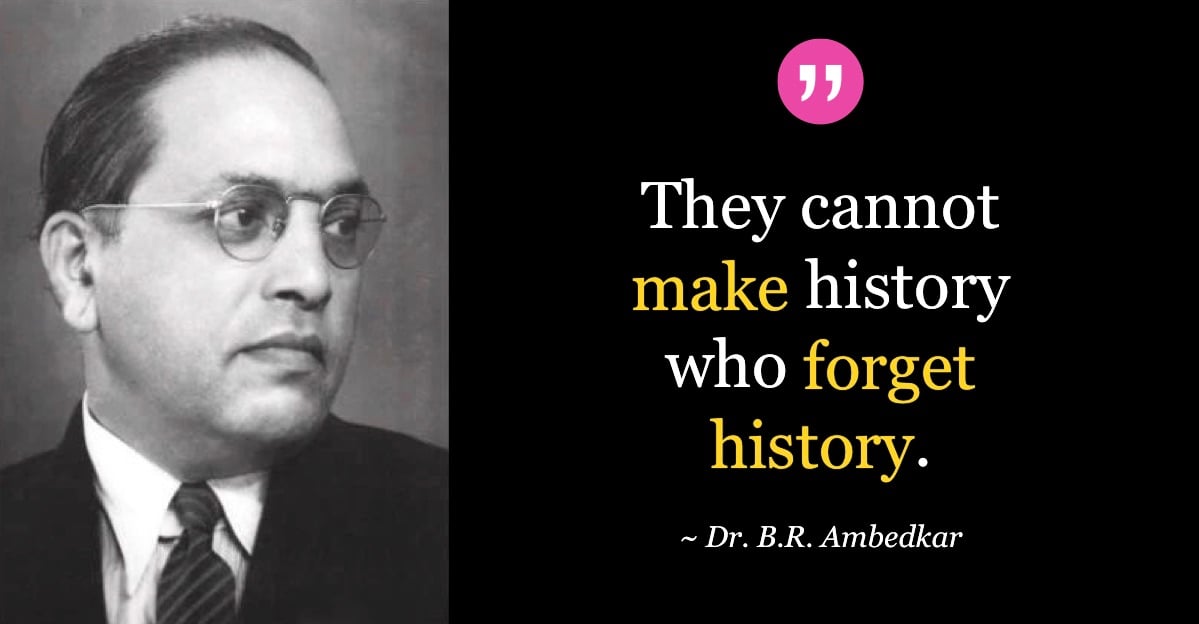
On April 14th, India observes Ambedkar Jayanti to honor the birth anniversary of Dr. Bhimrao Ramji Ambedkar, the visionary who played a foundational role in shaping modern India and drafting its Constitution. Dr. Ambedkar was a towering intellectual, social reformer, and fierce advocate for the rights of the oppressed. In recognition of his immense contributions, he was posthumously awarded the Bharat Ratna, India's highest civilian honor, in 1990. As we commemorate this significant day, let's draw inspiration from Dr. Ambedkar's words and commit to building a fairer, more inclusive society.

As the nation celebrates the 135th birth anniversary of Dr B R Ambedkar, his grandson and Vanchit Bahujan Aghadi chief Prakash Ambedkar discusses Dr Ambedkar's contributions and the relevance of his thoughts in today's political and social landscape. He highlights the importance of upholding the Constitution and its principles of equality, brotherhood, and freedom of speech, while also discussing Dr Ambedkar's views on economic policies and the role of Parliament in decision-making. He also raises concerns about the current state of the economy and its impact on the common man's livelihood, and the need for policies that promote social justice and equal opportunities.
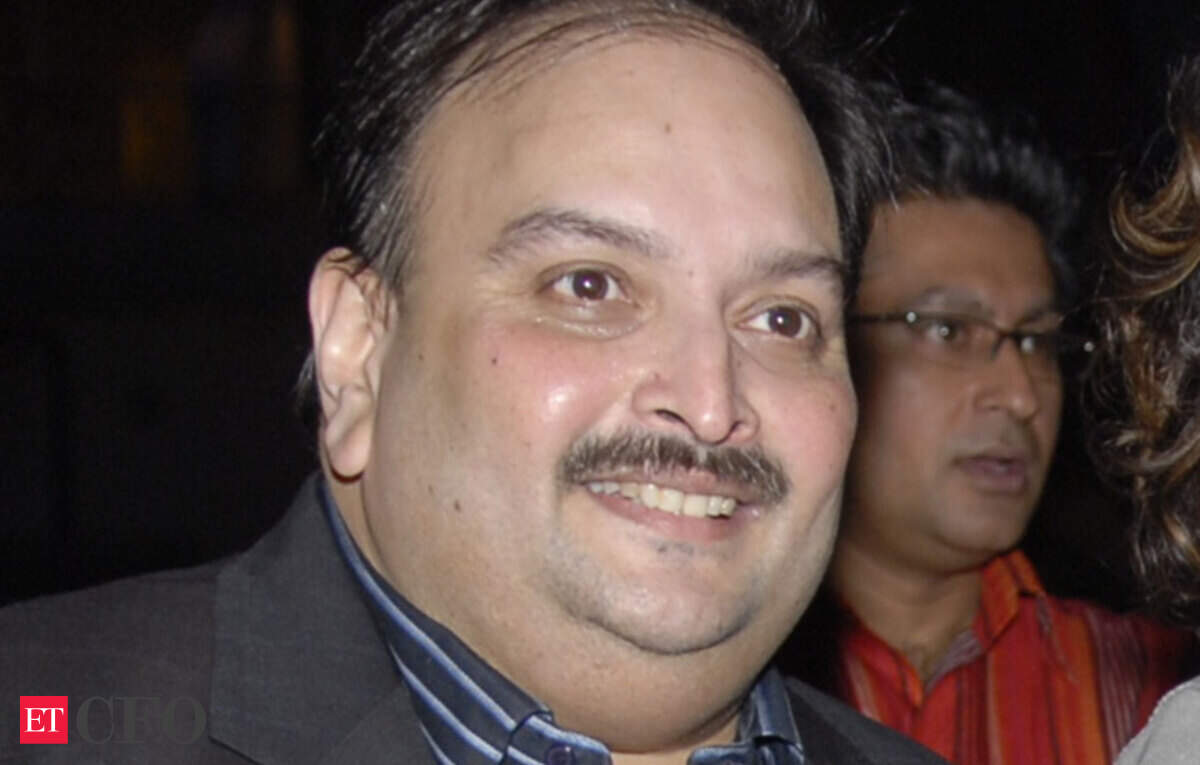
After living in Antwerp, Belgium for some time, Mehul Choksi, the main accused in the PNB loan fraud case, has been detained by Belgian authorities following an extradition request by India. The Central Bureau of Investigation (CBI) and Enforcement Directorate have been working together to bring Choksi back to India to face charges. He is currently facing proceedings under the Fugitive Economic Offenders (FEO) Act, and his nephew Nirav Modi is already lodged in a London jail awaiting extradition.
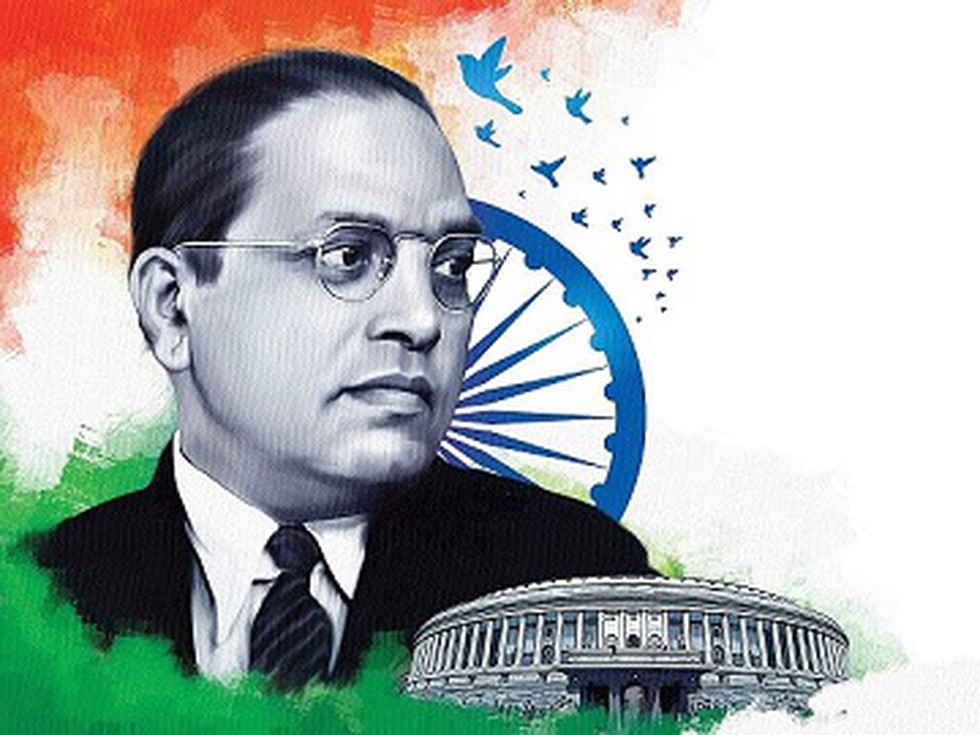
Union Youth Affairs and Sports Minister, Mansukh Mandaviya, led a Jai Bhim Padyatra to honour the life and vision of B.R. Ambedkar and other great leaders. The Minister highlighted the importance of youth engagement and the enduring values of the Constitution in shaping a developed India. The event, attended by over 6,000 MY Bharat Youth Volunteers, was aimed at celebrating the legacy of Ambedkar and inspiring youth towards nation building.